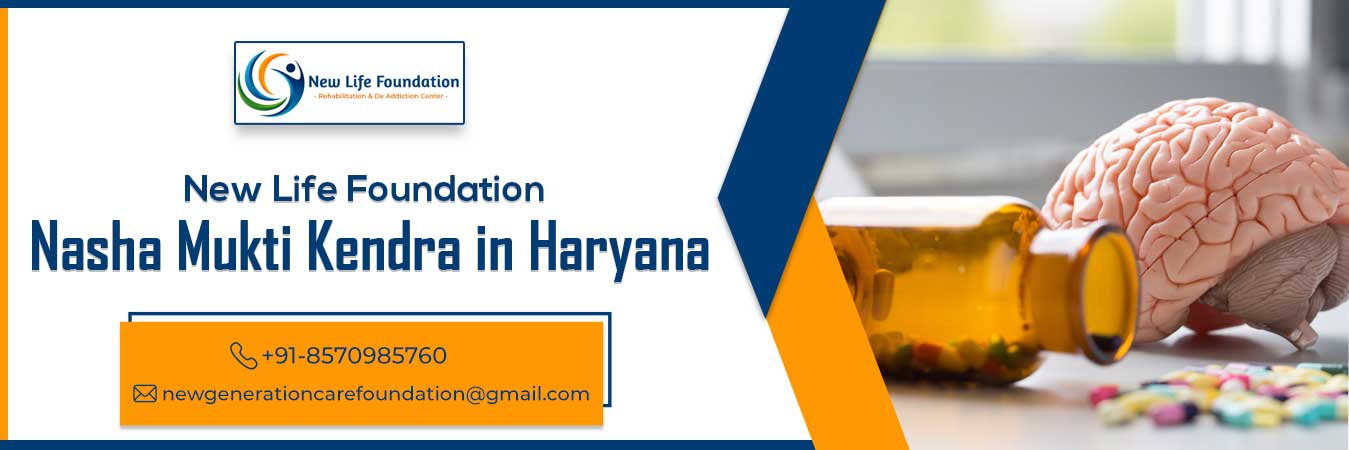Alcohol consumption can have both positive and negative effects on heart health, depending on the amount and pattern of consumption. Rehabilitation Centre in Ludhiana is a rehab center that provides guidance to people on the consumption of alcohol. Here are some of the ways alcohol consumption can affect the heart:
High blood pressure: Heavy alcohol consumption can increase blood pressure, which is a major risk factor for heart disease.
Arrhythmias: Drinking large amounts of alcohol can cause irregular heartbeats, known as arrhythmias.
Heart muscle damage: Chronic heavy drinking can cause damage to the heart muscle, leading to conditions such as cardiomyopathy.
Increased risk of stroke: Heavy alcohol consumption has been linked to an increased risk of stroke, which is another serious cardiovascular condition.
Increased risk of atrial fibrillation: Atrial fibrillation is a type of arrhythmia that is more common in heavy drinkers.
On the other hand, moderate alcohol consumption (one drink per day for women, and up to two drinks per day for men) has been associated with some positive effects on heart health. Moderate drinking has been linked to a lower risk of heart disease and stroke, as well as improved cholesterol levels and reduced inflammation.
However, it is important to note that the benefits of moderate alcohol consumption only apply to healthy adults who are not at risk of developing alcohol-related problems, such as addiction or liver disease. According to Rehabilitation Centre in Chandigarh for those individuals, the risks of alcohol consumption outweigh the potential benefits, and abstinence is recommended.
The effects of alcohol on the liver
Alcohol consumption can have significant negative effects on the liver, which is responsible for processing and detoxifying alcohol in the body. Here are some of the ways alcohol affects the liver:
Fatty liver: Alcohol can cause the liver to accumulate fat, leading to a condition called fatty liver disease. Fatty liver disease is reversible with abstinence from alcohol.
Alcoholic hepatitis: Heavy alcohol consumption can cause inflammation in the liver, known as alcoholic hepatitis. Symptoms of alcoholic hepatitis can include fatigue, abdominal pain, and jaundice.
Cirrhosis: Long-term heavy drinking can lead to the development of cirrhosis, a chronic liver disease that can result in liver failure and even death.
Increased risk of liver cancer: Chronic heavy drinking can also increase the risk of developing liver cancer.
It's important to note that the negative effects of alcohol on the liver are dose-dependent, meaning that the more alcohol you consume, the greater the risk of liver damage. Additionally, liver damage caused by alcohol can be worsened by other factors such as poor nutrition, viral hepatitis, and obesity.
The best way to prevent alcohol-related liver damage is to drink in moderation or avoid alcohol altogether. If you are struggling with alcohol addiction or have concerns about your liver health, it's important to speak with a healthcare professional at Rehabilitation Centre in Punjab.






No comments:
Post a Comment